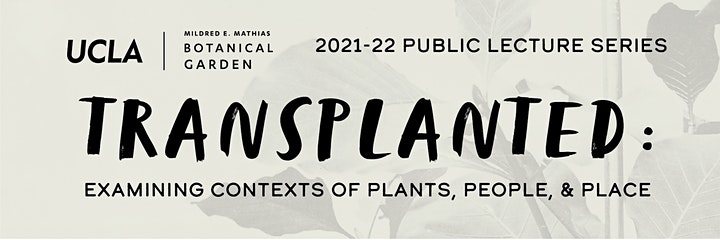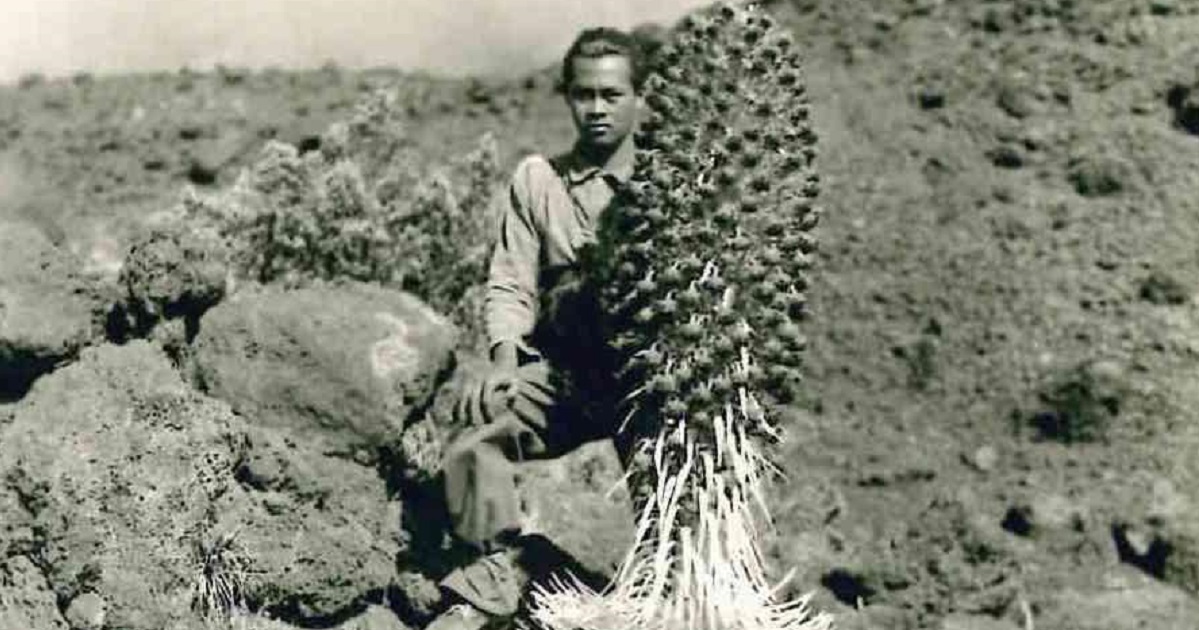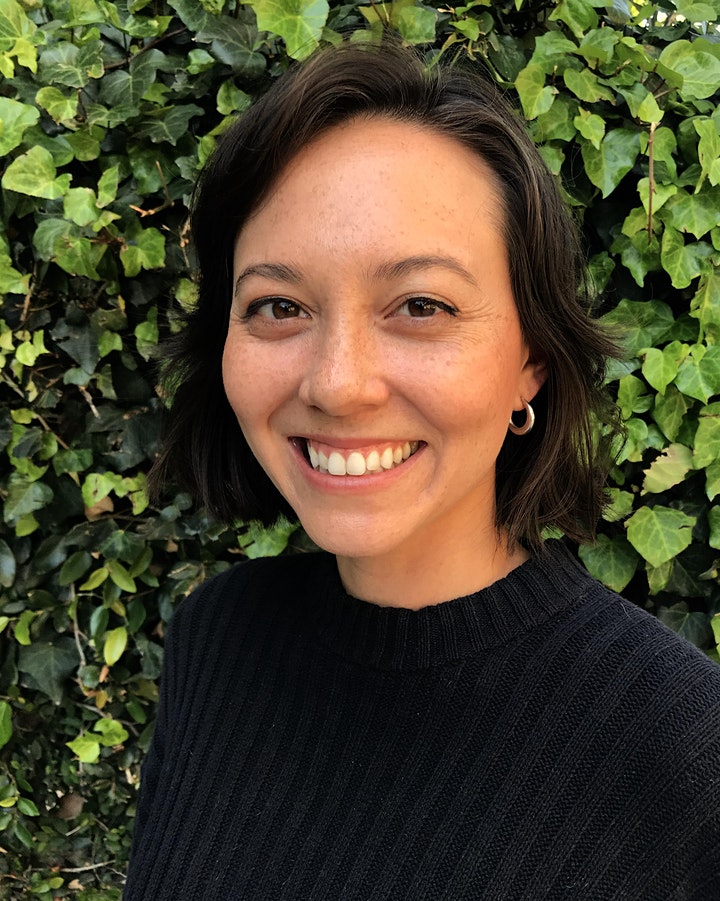Saving the Silversword: Native Species & Colonialism in Hawai‘i

Join Dr. Ashanti Shih to learn about the story of the silversword plant and its relationships to conservation, gender, race, and colonialism
Welcome to the UCLA Mathias Botanical Garden’s 2021-2022 public lecture series, Transplanted: Examining Contexts of Plants, People, & Place.
The event is free, but seating is limited — please register here.
 The Haleakalā silversword (or ‘ahinahina in Hawaiian) is one of the most striking and rare plants in Hawai‘i, endemic to a single volcanic crater on the island of Maui. It was also one of the first native plants in the islands to begin noticeably dying off, with just one hundred of the plants counted by American scientists in the 1920s. Dr. Shih will tell the story of the silversword plant – and how efforts to save the plant in the early 20th century helped spur a movement to preserve the islands’ unique flora and turn Hawaii National Park into a native species refuge. The silversword also opens up a story about gender, race, and colonialism in the islands. In their efforts to save the silversword and other native plants, white American scientists relied on the labor of Kanaka Maoli (Native Hawaiian), Asian, and Puerto Rican men living in Civilian Conservation Corps (CCC) camps. Dr. Shih will discuss how the CCC became a “disciplining” and “civilizing” colonial force, as Kānaka Maoli and settlers of color fueled preservation projects by day, and became versed in American ideals of citizenship, masculinity, and Christianity by night.
The Haleakalā silversword (or ‘ahinahina in Hawaiian) is one of the most striking and rare plants in Hawai‘i, endemic to a single volcanic crater on the island of Maui. It was also one of the first native plants in the islands to begin noticeably dying off, with just one hundred of the plants counted by American scientists in the 1920s. Dr. Shih will tell the story of the silversword plant – and how efforts to save the plant in the early 20th century helped spur a movement to preserve the islands’ unique flora and turn Hawaii National Park into a native species refuge. The silversword also opens up a story about gender, race, and colonialism in the islands. In their efforts to save the silversword and other native plants, white American scientists relied on the labor of Kanaka Maoli (Native Hawaiian), Asian, and Puerto Rican men living in Civilian Conservation Corps (CCC) camps. Dr. Shih will discuss how the CCC became a “disciplining” and “civilizing” colonial force, as Kānaka Maoli and settlers of color fueled preservation projects by day, and became versed in American ideals of citizenship, masculinity, and Christianity by night.
 Ashanti Shih, Ph.D.: Website / Twitter
Ashanti Shih, Ph.D.: Website / Twitter
Ashanti Shih, Ph.D.,is an environmental historian who works on issues of race, settler colonialism, and the environmental sciences in the twentieth-century Pacific and American West. Her current book project, “Invasive Ecologies: Science and Settler Colonialism in Twentieth-Century Hawai‘i,” explores the history of species belonging, natural preservation, and the U.S. national park system in Hawai‘i. Her work has received several awards, including the 2020 Rachel Carson Prize for best dissertation in environmental history from the American Society for Environmental History. Shih is currently a Mellon Postdoctoral Fellow in Environmental Humanities at Wellesley College.
COVID-19 Information
Our space is well ventilated and the glass walls of the La Kretz Garden Pavilion will be open to further increase air circulation. Out of an abundance of caution, we ask that all attendees wear a mask during this event and to bring proof of vaccination with them. We are planning to record this event as well to make it available virtually after the event—details to follow.
RSVP / Tickets
This event is free, but seating is limited—RSVP required to reserve a seat.
Plan Your Visit & Parking
Check our website for more information on planning your visit and parking. The Botanical Garden closes at 5pm, so come early to walk around and explore!

